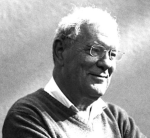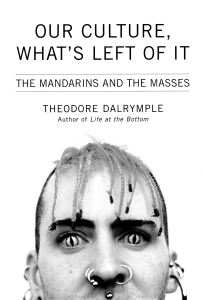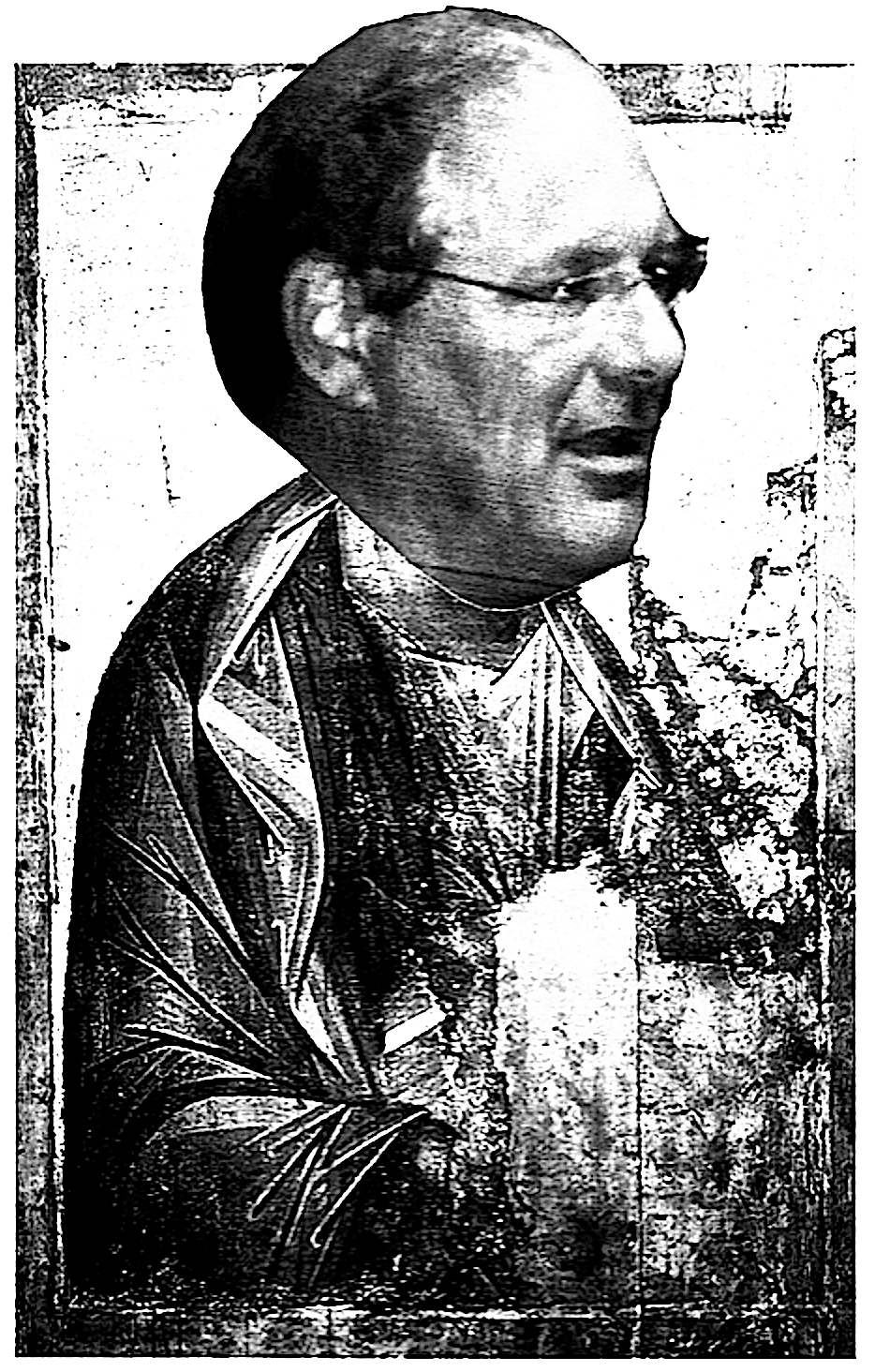 Fidel Castro, Dalrymple notes,
Fidel Castro, Dalrymple notes,
was born the illegitimate son of an impoverished Galician immigrant who became a landowning millionaire. No doubt his father’s great wealth had something to do with Fidel’s lifelong contempt for money: like a hidalgo, he despised it not only for himself but on behalf of everyone else as well.
It is probable that
his ambiguous social status as the illegitimate son of a very rich man caused him to be less attached to Cuban society than were others born with similar chances of prospering in it. Such an ambiguous position easily breeds both the confidence and the inclination to rebel.
But Castro’s life is also
an illustration of the maxim that inside every rebel there is a dictator trying to get out. From the very earliest age, Castro was endowed with a huge and ungovernable ego. Constantly, often violently, rebellious from his infancy on, he brooked no opposition from others from the moment he reached a position of power. At university, he took part in violent political feuds, and may have been a killer. Top dog was and is the only position he could ever accept.
He never learned to know how much he did not know. This gave him
the feeling of omnicompetence: a failing that is minor, though no doubt irritating, in a pub bore, but disastrous in a dictator whose whim is law.
From the outset he
pursued policies that were economically disastrous because founded on an erroneous premise: that wealth is the mirror image of poverty, that the rich are rich because the poor are poor.
But as the Cubans
have discovered at their leisure, if you confiscate luxury cars, it does not mean everyone gets shoes.
Castro’s legacy is
a mess of gargantuan proportions which will take years and the wisdom of Solomon to sort out.









